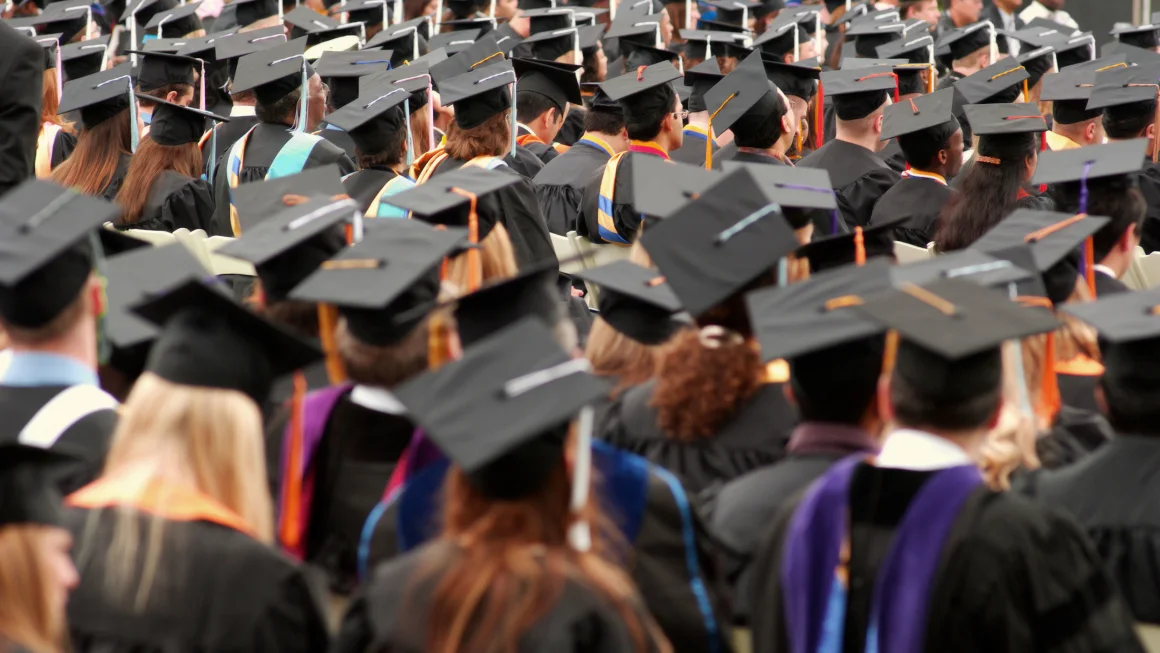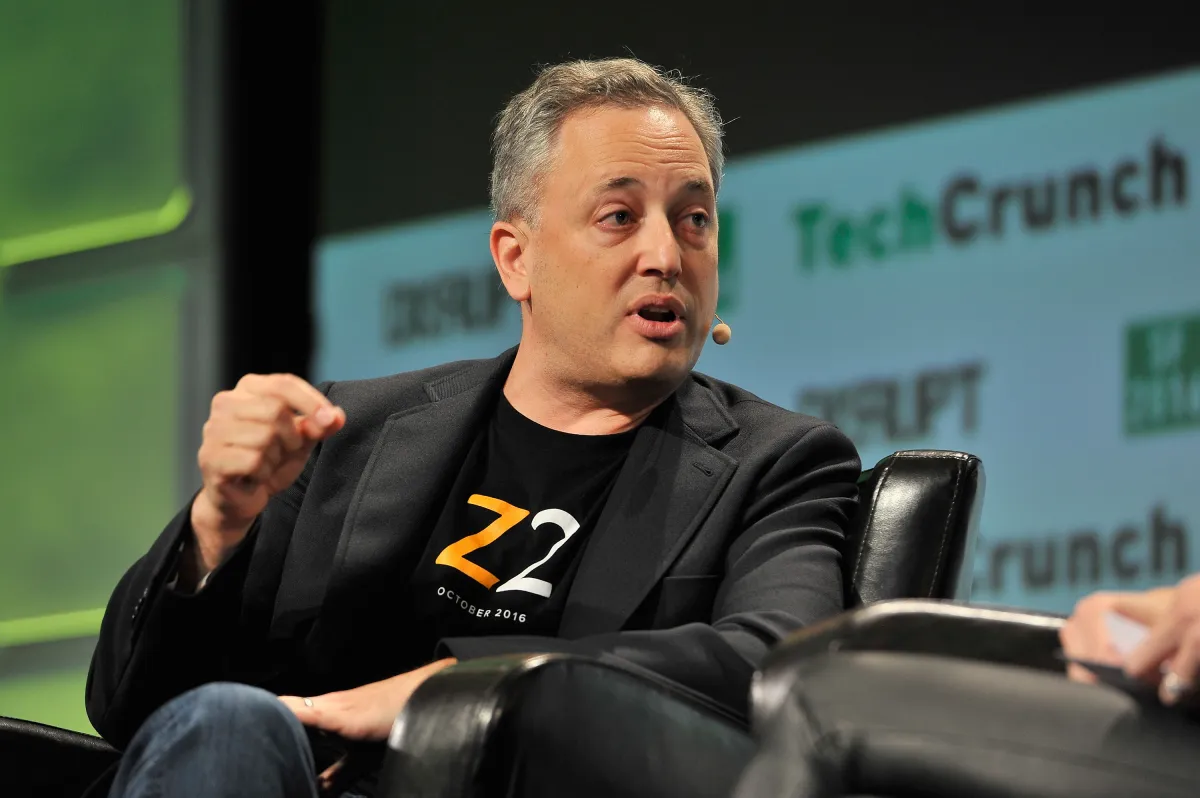
It’s been five months since Donald Trump made a surprising promise.
The candidate known for touting immigration crackdowns told a group of tech investors that he wanted to help foreign students stay in the US.
“What I want to do, and what I will do, is — you graduate from a college, I think you should get automatically, as part of your diploma, a green card to be able to stay in this country,” Trump said during a June interview with “The All-In Podcast.”
If the president-elect pursues this proposal after he takes office, and if Congress passes the legislation that would be required to enact it, the policy could pave the way for potentially millions of international students to become legal permanent residents.
But those are big ifs, especially since Trump hasn’t publicly mentioned the proposal since he first floated it, and there are many details we don’t yet know about how his new administration will approach this issue.
Here’s a look at what Trump has said, how foreign students are feeling about it, how universities are responding, what critics are saying and how likely any of this is to happen.
Trump suggested a broad policy. Then a campaign spokeswoman described a narrower vision
More than 1.1 million international students were enrolled in US colleges and universities during the 2023-24 academic year, a record high, according to data released last month. Those students generally have nonimmigrant visas that give permission to study in the US, but don’t provide a legal pathway to stay in the country. So the change Trump promised in the podcast interview, if implemented, would be a major policy shift.
Trump’s comments drew a stark contrast with his previous administration’s policies reducing legal immigration to the US, and with the persistent anti-immigrant sentiment of his presidential campaigns.
They came in response to a question from venture capitalist Jason Calacanis: “Can you please promise us you will give us more ability to import the best and brightest around the world to America?”
Trump said he would, then brought up the idea of giving green cards to foreign students graduating from US universities – something the podcast hosts hadn’t mentioned.
“That includes junior colleges, too,” Trump said. “Anybody graduates from a college — you go in there for two years or four years. If you graduate, or you get a doctorate degree from a college, you should be able to stay in this country.”
Shortly after the podcast’s release, a campaign spokeswoman offered a narrower vision, stating that graduates would be screened “to exclude all communists, radical Islamists, Hamas supporters, America haters and public charges.”
“He believes, only after such vetting has taken place, we ought to keep the most skilled graduates who can make significant contributions to America.” spokeswoman Karoline Leavitt said in a statement to CNN at the time. “This would only apply to the most thoroughly vetted college graduates who would never undercut American wages or workers.”
Foreign students say it would change their lives. But they’re skeptical
The green card proposal would dramatically change international students’ lives, according to Metolo Foyet, a 27-year-old geography Ph.D. student from Cameroon at the University of Florida.
“There are so many things we have to think about. It can be very, very stressful, very quickly,” says Foyet, whose research focus on wildlife conservation. “Having it would erase that pressure. And we can 100% focus on what we need to do and give back to this country who has given so much to us.”
At first, Dany Rashwan shared that excitement for Trump’s proposal.
“It could heal a lot of things,” he says.
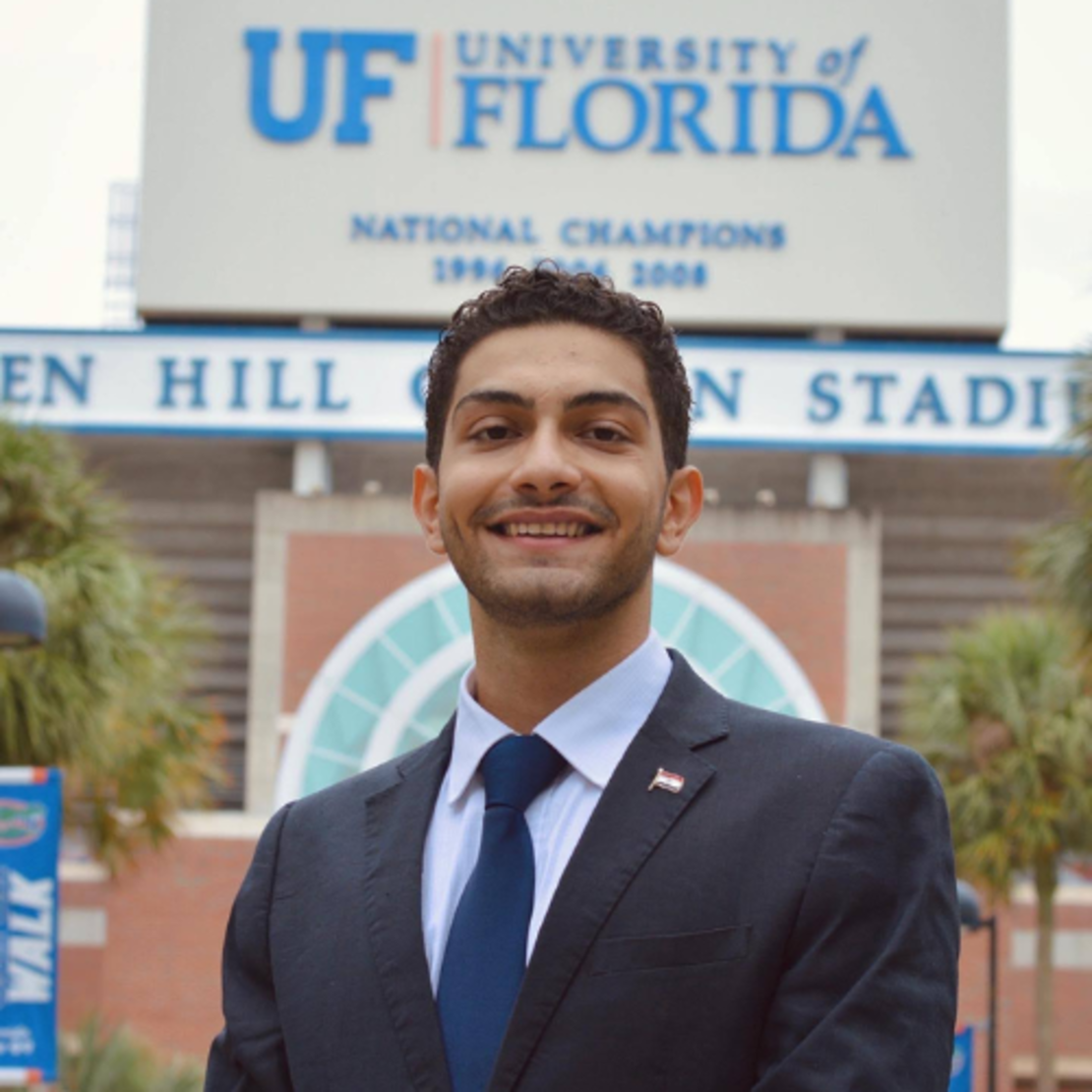
But the Egyptian computer engineering student at the University of Florida says his excitement didn’t last long. He remembered how stressful his first year in the US was, when new government restrictions during the coronavirus pandemic made foreign students’ lives far more confusing and complicated. It made him realize how precarious international students’ lives in the US can be.
But Rashwan, who’s 24 and graduating this month, says anything the Trump administration can do to give foreign students more options to remain in the country could make a dramatic difference.
“Graduating this semester, it was really difficult to find a job,” he says. “I went to the career fair, and out of 200 companies, there were only three that do sponsorship of international students.”
Haomin Huang, a master’s student in forestry at the University of Georgia, says that given the difficult political environment, he and other international students aren’t holding out hope for Trump’s proposal to become a reality. But many students are frustrated by the uncertainty in the lottery process for applying for work visas post-graduation and would welcome a clearer system, he says.
“It does not depend on how good you are in your field. It’s just basically based on luck,” he says. “So that’s what we don’t like to see. We would like to see clear paths. ‘You need to do this. You need to take this set of steps. You need to have this, this and this, and you get a job authorization.’”
The uncertainty makes many foreign students hesitant to stay in the United States, Huang says. Some friends he studied with while getting his undergraduate degree in finance at Auburn University, for example, have already left.
“Even though some of them got a degree here, they chose to work in Canada or Australia or some country in Europe,” Huang says. “Because of the immigration policy, they chose to leave.”

Universities see an opening to find common ground
Raj Echambadi still remembers how stressful it was to wait for his own paperwork to be processed.
“I have lived that uncertainty,” he says.
Echambadi came to the United States from India in 1994 as a Ph.D. student in business at the University of Houston.
Now, 30 years later, he sees the situation from a different vantage point as president of the Illinois Institute of Technology and co-chair of a coalition of university leaders known as the Presidents’ Alliance on Higher Education and Immigration.
“From an institutional point of view, I would hope that this green card promise comes through, because that resolution of uncertainty would mean a lot of good to the institutions,” he says. “But beyond that, I will say, talking as an American, I do personally think … giving a pathway will clearly help us in the global war for talent.”
A blanket policy providing green cards to all graduates would face an uphill battle for approval, he says. But a narrower approach carving out a pathway for students in particular disciplines, he says, could serve as a helpful pilot program and make a major impact.
“A graduate degree in let’s say, 13 or 14 disciplines that really matter to the country, to the economic development of the country, to the national security of the country, could be one way to think about it,” he says.
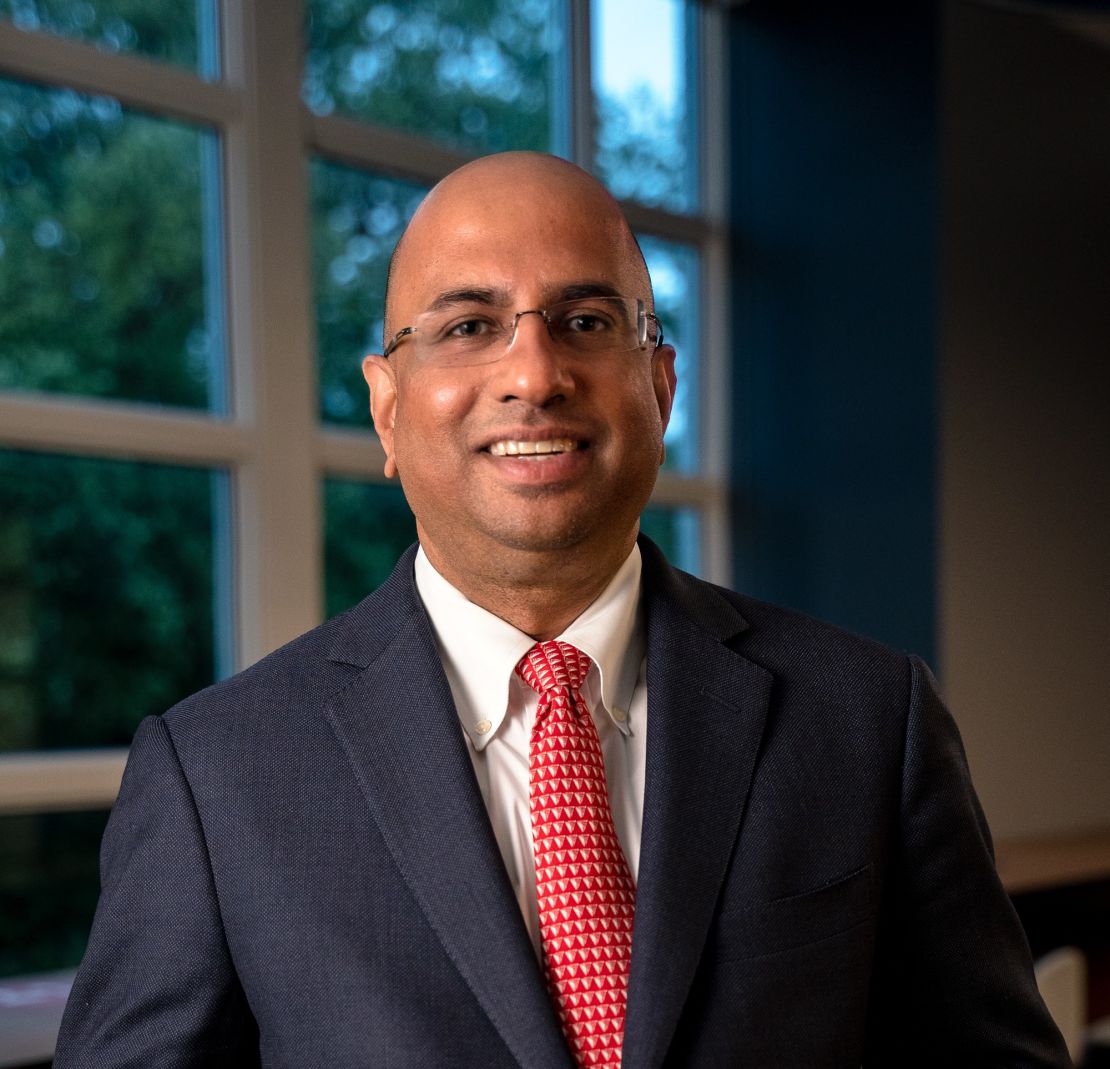
It’s not unprecedented for Trump to push for changes to the immigration system aimed at giving the US a competitive edge.
Trump’s June podcast comments echoed a proposal during the first Trump administration to focus on drawing high-skilled immigrants to the United States, according to Sarah Spreitzer, vice president of government relations for the American Council on Education. That effort, championed by Trump’s son-in-law and adviser Jared Kushner, ultimately didn’t go much further than the initial fanfare.
“Last time, they hadn’t really fleshed out all the details. … It had never really been translated into legislation,” says Spreitzer, whose organization represents more than 1,600 colleges, universities and related associations.
But hearing Trump mention a similar initiative during the 2024 campaign, Spreitzer says, was encouraging.
“I think it’s an area that we can collaborate with the administration on,” she says. “I’m hopeful.”
Critics pushed back quickly. Here’s why they oppose this idea
Trump’s comments drew swift criticism from organizations who normally support the president’s hardline immigration-related proposals. They argued such a policy change would harm Americans’ job prospects and could easily be exploited.
“It would turn every university (and community college!) into a citizenship-selling machine,” Mark Krikorian wrote in a column for the conservative National Review.
Krikorian is executive director of the Center for Immigration Studies, a think tank that argues there should be less immigration to the US.
“There are no numerical limits on the admission of foreign students — who number about 1 million now — and foreign students are already a major profit center for schools large and small,” he wrote. “But if any degree from any school would guarantee a green card (and thus U.S. citizenship, access to welfare, and the ability to bring your relatives), applications would soar at every kind of school, and new schools would pop up like mushrooms.”
The proposal also drew criticism from a prominent advocate for international students in the US.
In an opinion piece for Times Higher Education, Institute of International Education CEO Allan Goodman argued many international students want to return home after studying in the US.
“The dream that encourages them to study abroad is to improve their countries and work in fields where their earnings enable them to live better than if they had stayed in more expensive countries,” Goodman wrote. “However, automatically issuing very tempting green cards, providing a pathway to citizenship, could upset this dynamic and denude students’ native countries of their talents — as well as potentially causing tension in the US about immigration levels.”
Trump can’t do this alone. Will he push Congress to act?
To call Trump’s podcast comments a policy proposal overstates their significance, Krikorian says.
“That’s one of those, ‘Don’t take him literally. Take him seriously,’ moments. Because I take him seriously, but I don’t take that literally. …. It’s not something that’s going to happen,” Krikorian says.
Whether or not Trump means what he said that day in June, he wouldn’t be able to do it alone. Congress would need to pass changes to the Immigration and Nationality Act for such a policy to be put into place.
“There will be enormous pushback within Congress, even among his own supporters,” Krikorian says.
And there would be other policy changes that could better achieve Trump’s stated goal of attracting the world’s best and brightest, he says, without any overall immigration increases.
For example, he says the new Trump administration could consider providing more visas to skilled workers by allocating fewer visas to family members and eliminating the diversity visa lottery, a program that provides up to 50,000 visas per year to people from countries with low levels of immigration to the US. The previous Trump administration proposed these steps, but couldn’t convince enough lawmakers to pass the changes.
Still Huang, the graduate student at UGA, says he hopes Trump’s close relationship with billionaire Elon Musk, who’s advocated for increased legal immigration, could increase the likelihood of some reforms to the system that will help foreign students.
“I think this might be a possible way, because Trump has Elon on his team right now,” Huang says. “He might be the one who pushes this.”
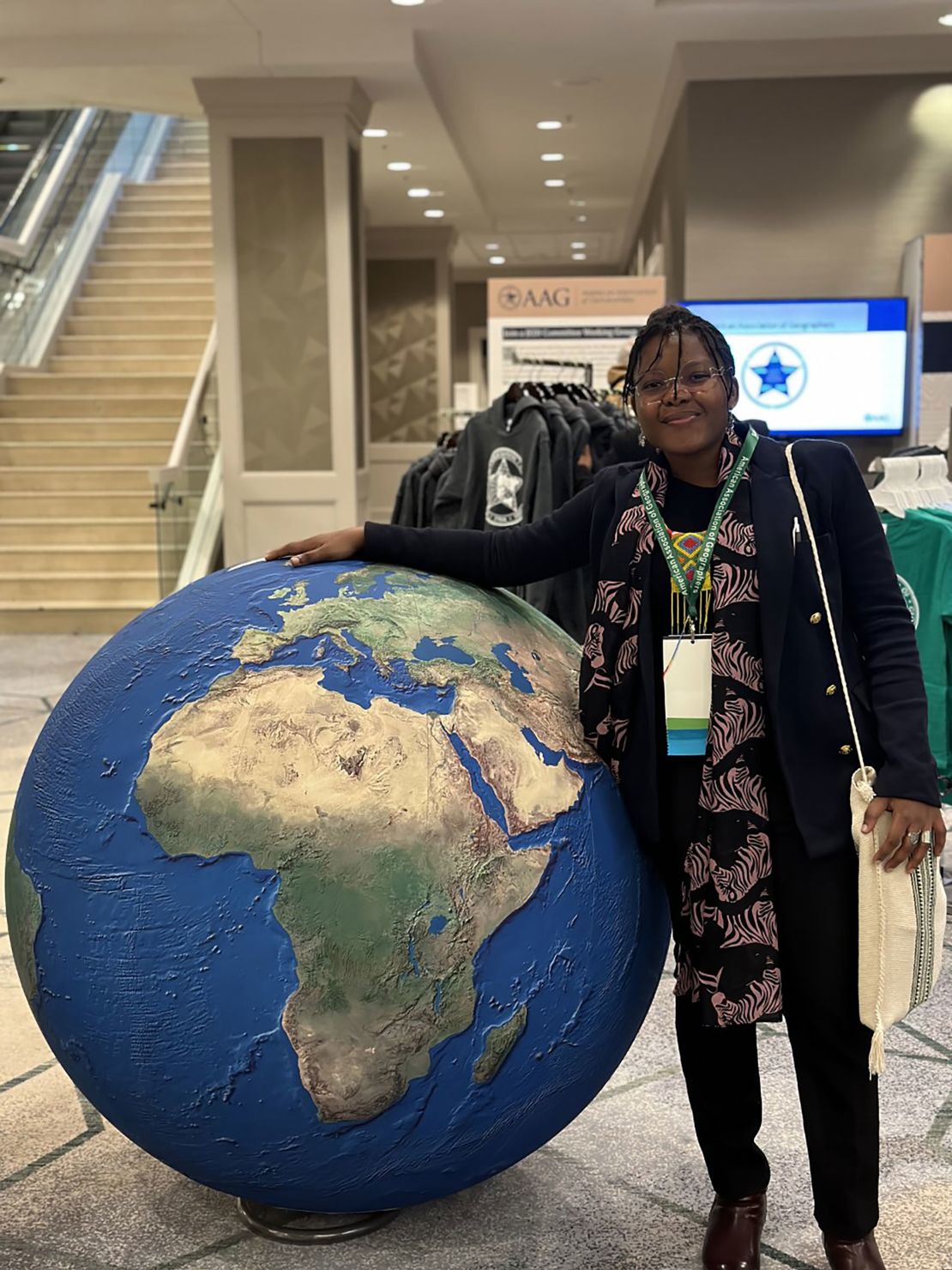
Foyet, the University of Florida geography student, says international students will be listening closely to what Trump says going forward.
“We know that this is politics, right? You need to win votes, so you’re going to say all you need to say to have the votes. Then it’s one thing to say it, but another thing when you’re in power,” she says. “Is it going to be a reality? … Even though it’s favorable and we like it, we are still watching to see if he’s going to make it happen.”
